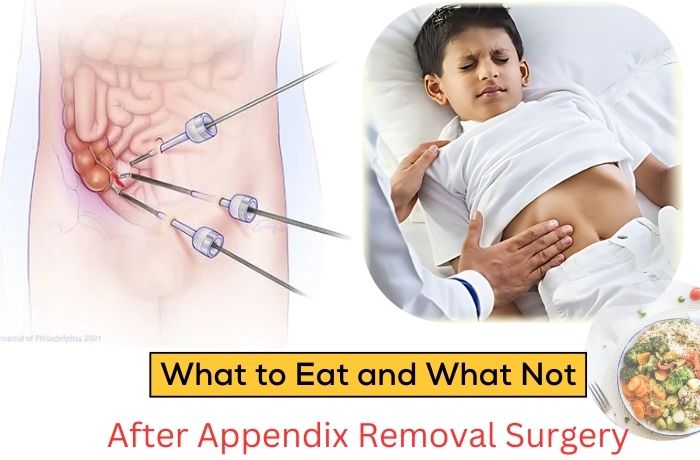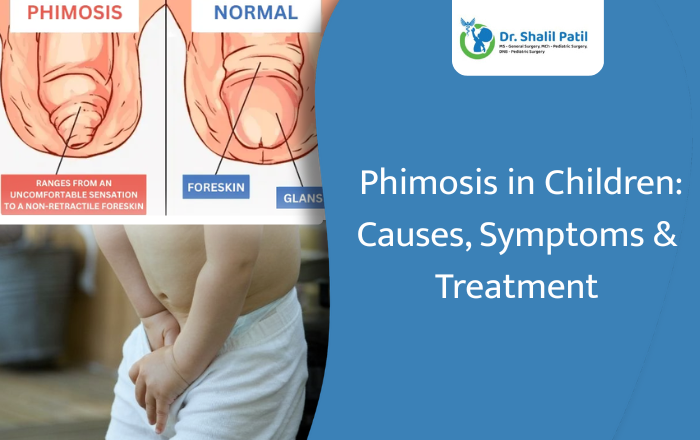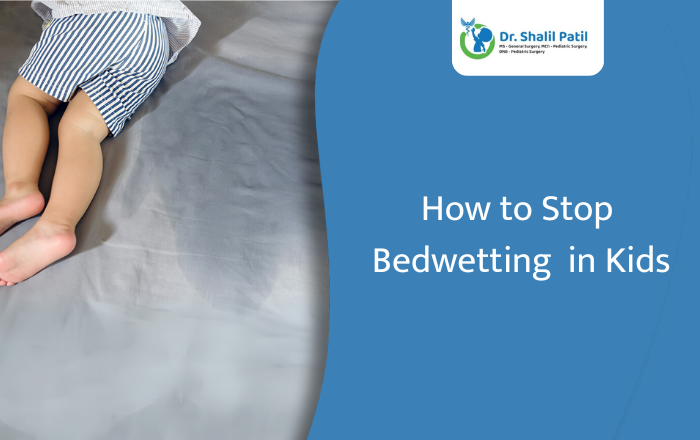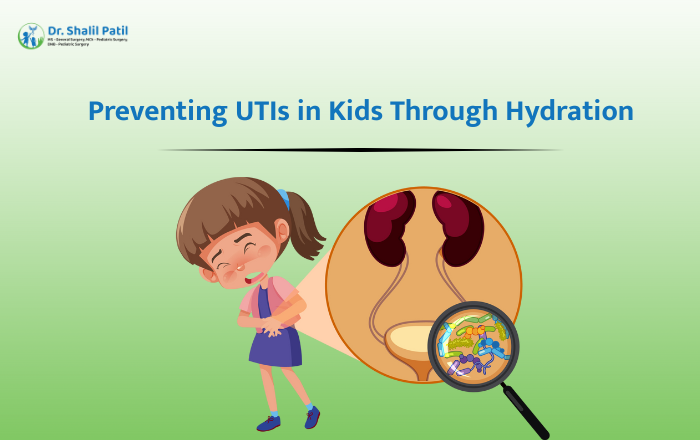Appendix removal surgery, or an appendectomy, is a common procedure performed to treat appendicitis. While the operation itself is routine, recovery can take time, and diet plays a crucial role in how quickly children heal. A child’s digestive system may be sensitive after an appendectomy, and choosing the right foods can help speed up recovery, reduce discomfort, and prevent complications. This blog will provide essential dietary guidelines and helpful tips on what to eat and avoid after surgery for pediatric patients.
Why Diet is Important After Appendix Removal Surgery
Your child’s body goes through a lot after surgery, and what you eat can make a big difference to your recovery. A healthy, balanced diet can
- Provide the nutrients your body needs to heal
- Help prevent constipation, which is common after surgery
- Reduce inflammation and aid digestion
- Restore your strength and energy
On the other hand, poor food choices can lead to indigestion, bloating and even infection, which can slow down your recovery. Paying attention to your diet is therefore key during the healing process.
What to Eat After Appendix Removal Surgery
Selecting appropriate foods post-surgery can significantly impact a child’s recovery. Here are some recommended food groups:
1. Soft, nutrient-rich foods
In the days immediately after your operation, it’s important to stick to soft, easily digestible foods that are easy on your stomach. These may include
- Vegetable broths and soups
- Mashed potatoes
- Plain rice
- Fruit and leafy green smoothies
- Applesauce
These foods provide essential vitamins and minerals without being too hard on your digestive system.
2. High-fibre foods
Constipation is a common side effect of surgery due to anaesthesia, painkillers and reduced activity. Fibre-rich foods can help keep your digestive system moving. Some examples are
- Oatmeal
- Cooked vegetables such as carrots and spinach
- Fruits such as bananas, pears and peaches
- Whole grains such as brown rice and wholemeal bread
Fibre helps prevent constipation and promotes smoother digestion as your body heals.
3. Lean protein sources
Protein is essential for tissue repair and recovery. Including lean protein in your diet will help your body rebuild cells and regain strength. Good choices include
- Skinless chicken
- Fish
- Whole eggs
- Tofu
- Lentils
These foods are easy to digest and provide the protein you need without being too heavy on your stomach.
4. Probiotic-rich foods
After surgery, your gut bacteria may be out of balance, especially if you’ve been taking antibiotics. Probiotic-rich foods can help restore gut health and improve digestion. You may include
- Yogurt with live cultures
- Kefir
- Fermented foods such as sauerkraut or kimchi
Probiotics support healthy digestion and can help prevent gastrointestinal problems during your recovery.
5. Hydration tips
Staying hydrated is just as important as what you eat. Water helps flush out toxins, keeps your body functioning properly and aids digestion. You should:
- Drink plenty of water throughout the day (at least 8-10 glasses)
- Avoid sugary drinks and fizzy drinks
- Sip herbal teas such as chamomile or peppermint to settle your stomach
Foods to Avoid After Appendix Removal Surgery
While there are many foods to watch out for, there are also some to avoid as they can slow down your recovery or cause discomfort.
1. Oily and fried foods
Oily foods such as fried chicken, chips and fast food can irritate your digestive system, making it harder for your body to heal. These foods can also cause bloating and stomach pain, so it’s best to avoid them until your digestive system has fully recovered.
2. Spicy foods
Spices such as chillies and hot sauces can cause irritation and inflammation in your digestive tract, which can slow down your recovery and cause discomfort. Stick to mild, bland foods until your body is fully healed.
3. Foods high in sugar
Sugary snacks such as sweets, pastries and fizzy drinks can cause inflammation and disrupt your gut bacteria. They can also increase your risk of infection, so it’s better to choose naturally sweet options like fruit.
4. Alcohol and caffeine
Both alcohol and caffeine can dehydrate your body and interfere with the healing process. They can also cause digestive problems and make it harder for your body to absorb essential nutrients. It’s best to avoid them until your doctor gives you the go-ahead.
5. Gas-producing foods
Certain foods, such as beans, broccoli and fizzy drinks, can cause gas and bloating, which can be uncomfortable after surgery. These foods can also slow down your digestive system, so it’s best to limit them during your recovery.
Recovery Tips Beyond Diet
While diet plays an important role in recovery, there are other things you can do to speed up the healing process:
1. Rest: Your body needs plenty of rest to heal, so take it easy and avoid strenuous activities.
2. Gentle exercise: Light walking can help prevent blood clots and stimulate digestion, but don’t overdo it.
3. Pain management: Take your medicines as prescribed by your doctor and avoid foods that may cause discomfort.
When to Consult a Doctor
If you experience any of the following symptoms, you should contact your doctor
- persistent abdominal pain
- Fever or infection at the incision site
- Vomiting or nausea that doesn’t go away
- Constipation or diarrhea that lasts more than a few days
Your doctor may also refer you to a dietitian if you are having difficulty maintaining a balanced diet after surgery.
About Dr. Shalil Patil – Pediatric Surgeon in Vasai-Virar
Dr. Shalil Patil is a well-known pediatric surgeon in Vasai-Virar, specializing in surgeries such as appendectomies for children. With years of experience, Dr Patil has helped many young patients recover smoothly from surgery. His compassionate approach ensures that children and their families receive the best possible care throughout the recovery process.
If your child has undergone appendectomy, Dr Patil can provide expert advice on dietary plans and recovery tips to ensure a safe and speedy recovery. Contact Dr Shalil Patil’s clinic in Vasai-Virar for personalized advice and support.
By following these dietary guidelines and making appropriate food choices, you can support your child’s recovery after appendix removal surgery and promote overall well-being.





